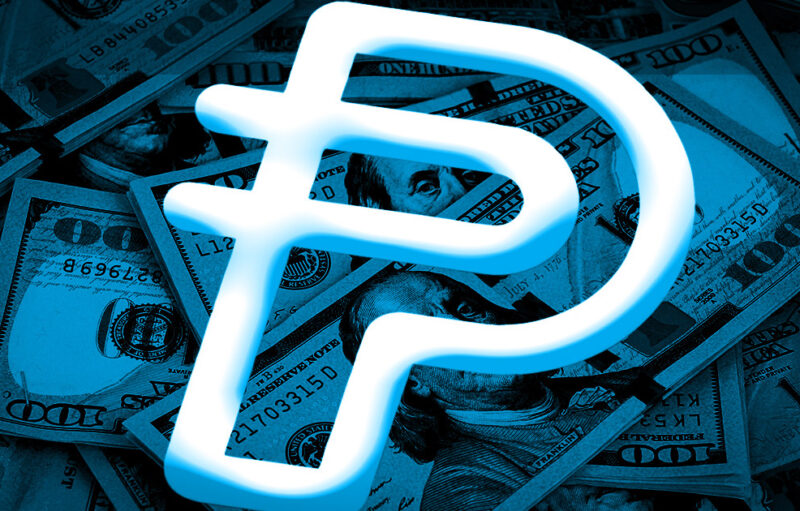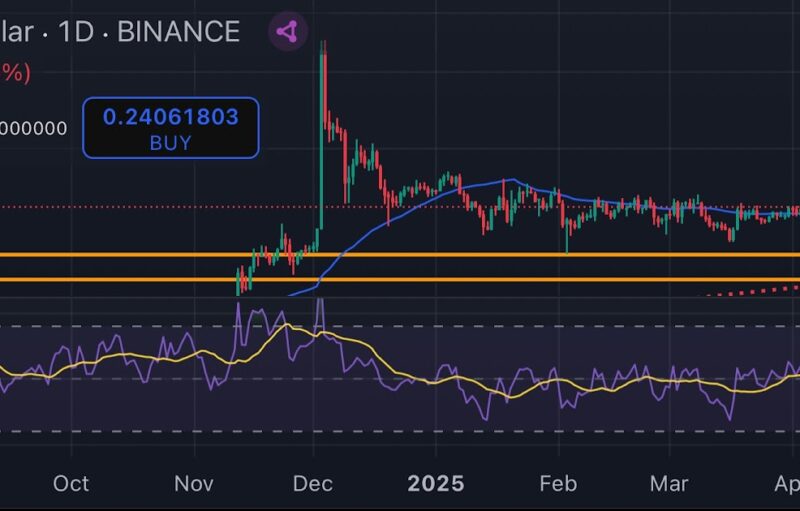
Cryptocurrencies aren’t just a niche investment category anymore. In the latter half of 2019, digital assets have managed to sit beside stocks, bonds, commodities, and other investment instruments as an important part of a holistic investment portfolio.
Interestingly, digital assets are coming out on top. A resurgent awareness of cryptocurrencies has pushed their prices back up to values not seen for nearly 18 months, and to accompany this change, major financial institutions are releasing crypto-related products to meet the growing demand for digital assets.
For instance, IBM, one of the oldest and most storied tech companies in the world, launched a blockchain-based digital payment network that deployed Stellar as a tool for facilitating digital payments. offering crypto-related financial products.
Similarly, Facebook’s recently announced Libra currency represents the tech industry’s rushed foray into cryptocurrencies, targeting the unbanked with a novel financial product.
Skrill has been at the forefront of the digital payments industry since 2001, and the company entered the crypto space in a big way in 2018. Their platform caters to retail investors, providing them with features like a direct fiat to crypto gateway. Skrill is making acquiring and using digital currencies easier for millions of its customers.
We recently sat down with Lorenzo Pellegrino, the CEO of Skrill, NETELLER and Income Access, whom are all part of Paysafe Group. We touched on the hurdles to crypto adoption and Skrill’s now prominent involvement in the crypto space.
What significant changes have you observed in the crypto space since you first got involved?
Institutional involvement would be by far the most significant change. When I first started thinking about moving Skrill into the crypto world, it was really putting ourselves out there, as a large payments company. However, banks, social media companies, and governments – they’re all looking into crypto in a serious way. I’ve only seen this accelerate. You could definitely say I’m bullish on cryptocurrency!
What hurdles to crypto adoption remain, and how can platforms/entrepreneurs adjust to meet these problems?
It’s a nascent industry, so a lot of what people call hurdles to adoption I see as teething problems within the space. For example, it used to be so difficult to deal with cryptocurrency exchanges.
A lot of platforms could have been easier to use, but understanding it took a while to figure out how people were going to interact with the new space.
Moving forward, regulation is key. It will help tame some of the wilder parts of the crypto space. I think the approach currently being taken in the UK, with the FCA working closely with industry insiders will be the most successful method, as it hopefully will not stifle any innovation.
Cryptocurrency investment has never been easy. Volatility and uncertainty are always a part of the game. How are today’s platforms responding to investors’ clear desire to pursue digital assets while mitigating their exposure to crypto’s idiosyncrasies?
A platform can offer pretty simple tools to help a novice investor manage this volatility. For example, we released our crypto reserves feature to allow people to make recurring purchases of cryptocurrency, in effect dollar cost averaging their buys. However, on a larger scale, one of the biggest issues investors find in the space is fraudulent trading activity, such as pumps and dumps. This is where regulation will surely help.
How is Skrill involved in the crypto space? What developments is the platform pursuing that provide the solutions to investors’ and users’ most pressing problems?
While we have been dealing with cryptocurrency merchants for a while, it’s only been in the last year that we started to really get involved in the crypto space by allowing our customers to buy and sell cryptocurrency in their Skrill wallets. Our overall aim is to provide a platform that makes entering the crypto space incredibly easy for a novice but is still useful for someone who has been investing for years. To do this we are focusing on education and simplicity while leveraging our experience as one of the most established digital wallets to help promote adoption and understanding in the wider ecosystem.
Skrill isn’t the only institution operating in the space, and there’s a new wave of institutions making their first appearance in it. Is it possible blockchain technology and cryptocurrencies will be adopted to the point where the entire economy has changed?
I think a lot of people are starting to realise that cryptocurrency has the potential to really disrupt certain areas of the economy and even influence changes in society as a whole. This change will not be immediate, and, in my mind, will not happen in the short term either.
For the foreseeable future, I see crypto working in tandem with our current systems. In some areas it will complement existing set ups and processes, whereas in others it probably won’t. No one can predict what is going to happen, but I don’t think there will be a sudden exodus away from our legacy systems to a world ruled by cryptocurrencies and smart contracts. Of course, exciting changes will surely come from this new technology.
In terms of evaluation, infrastructure, regulation, what will the crypto space look like in the next several years?
The rate this space is maturing increases every year, and I don’t see that stopping anytime soon. As more and more established financial players such as ourselves join from traditional finance industries, the regulation and infrastructure needed to take it to the next level will begin to appear, and the markets will begin to stabilise. In turn this will lead to less speculative involvement and instead adoption and usage will start to become the main drivers of value.
What advice would you give to new investors or users entering the space?
Choose a respected fiat gateway to enter the space, don’t invest more than you are prepared to lose, and strap in for the ride.
Closing Thoughts
Cryptocurrency accessibility is quickly becoming a mainstream proposition for many platforms. With big banks and other tech companies developing crypto-related platforms, consumers are being equipped with more ways to acquire and use digital currency.
For his part, Pellegrino is bullish on cryptocurrencies, seeing these new platform offers as a way to promote further adoption while solving for some of the challenges of mainstreaming a new technology and payment methodology at the same time.
With companies like Skrill entering into the crypto space, it’s clear that cryptocurrencies aren’t just a niche product offering any more.
The post appeared first on Bitcoinist






